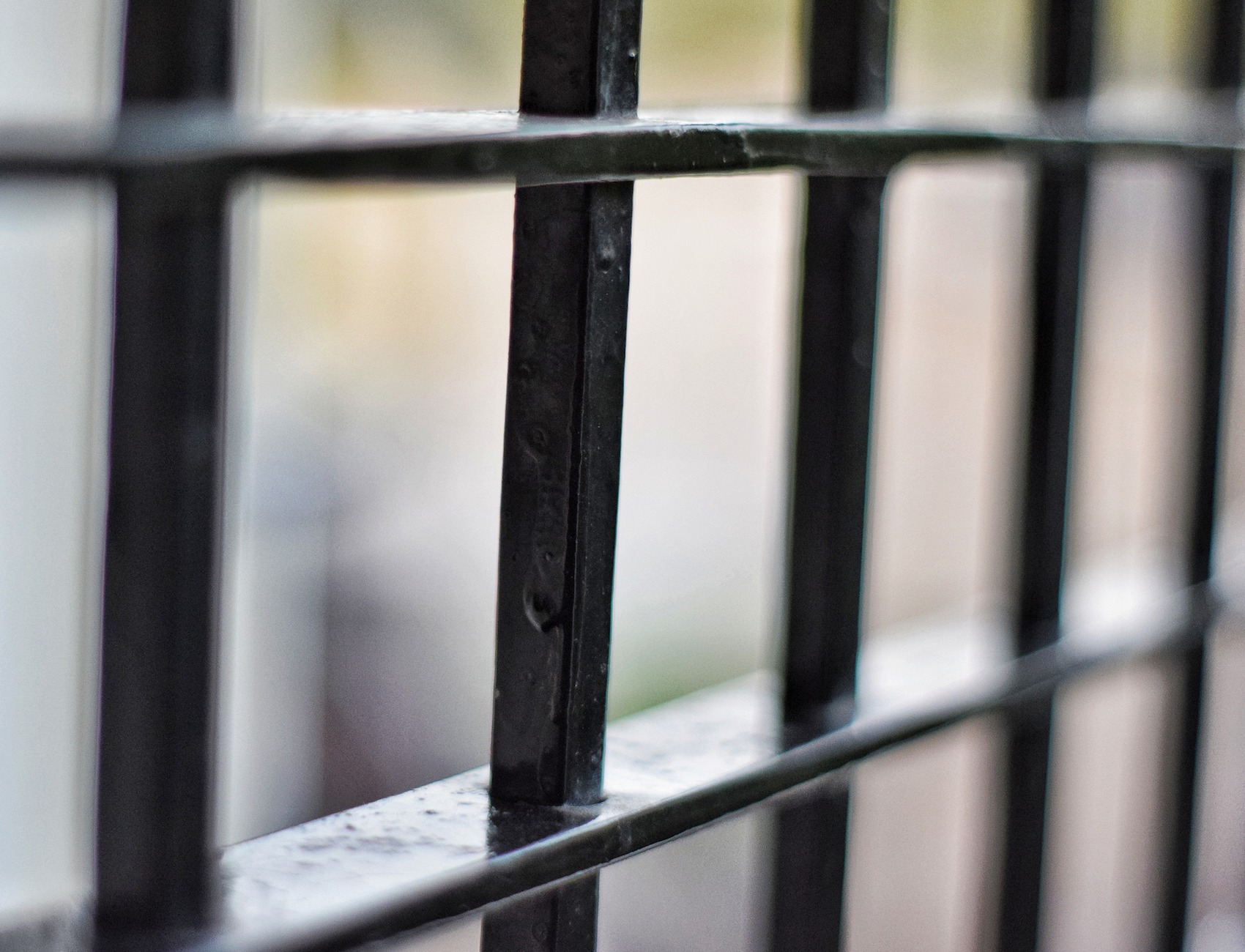Hundreds of Alabama Prisoners See Opportunity For Freedom Delayed After Parole Hearings Canceled
The parole board failed to comply with a new law about notifying victims, the board’s director said.

Alabama has canceled all scheduled parole and pardon hearings, delaying a chance at freedom for hundreds of prisoners. The move marks the latest challenge for prisoners trying to win their release amid sweeping changes to the state’s parole system.
Alabama’s parole board, the Bureau of Pardons and Paroles, announced Monday that it canceled 113 hearings last week to “ensure compliance” with a law that went into effect on Sept. 1. The law introduced new requirements for notifying victims prior to pardon and parole hearings, but the previous administration failed to prepare for those new rules, a board spokesperson told The Appeal. As of Tuesday, the roughly 862 hearings scheduled on the board’s website for September and October were listed as canceled.
Charles Graddick, the board’s new director, said in a statement on Wednesday that the board planned to resume hearings “on or about” Nov. 1. “This uncalled-for situation is a disappointment to me and to our hardworking employees but mostly I feel sorry for the victims and other interested parties who have been forced to wait to testify before the parole board,” he said.
Skip Tucker, the board’s top spokesperson, characterized the board as a “snarl of cataclysmic proportion.” Since Graddick took over this month, three people, including the previous director, have been placed on leave while the board investigates “allegations of malfeasance,” according to an office press release.
“The priority is to resume parole hearings as soon as Judge Graddick is assured that the agency and the hearings are up to compliance with the new law. Anything else would be facetious,” Tucker told The Appeal. He added that the board had no system in place to start notifying victims in accordance with the new law; who has been reached and who has not “has to be verified,” he said.
Aimee Cobb Smith, an attorney who regularly represents Alabama prisoners at parole hearings, said she was surprised to hear the board’s explanation for its cancellations, which included one of her clients who was scheduled for this week. She told The Appeal that in her 20 years of experience, there never seemed to be an issue with victim notifications. “I have not seen what they’re talking about. I know in the cases I’ve had [protocol] appears to have been followed because there were victims there at the hearing,” she said.
In June, Governor Kay Ivey signed legislation that tightened restrictions on the parole board. In October, she issued a moratorium on releasing prisoners before their parole eligibility date, after the board released a man who then allegedly killed three people, though he was not released early.
Since then, parole numbers have plummeted. In June, the latest available month of data, the board granted 80 people parole, compared with 267 people in June 2018. Just 92 people were granted parole in October, the month that Ivey issued the moratorium.
Parole is an important mechanism for release in the state’s prisons, and delaying parole hearings indefinitely could have devastating consequences on an already strained prison system, said Ebony Howard, a senior supervising attorney for the Southern Poverty Law Center. Earlier this year, Alabama came under fire from the Department of Justice for its severely overcrowded prisons, which operate at an average of 182 percent of their capacity. Howard told The Appeal that she hoped that Ivey and Graddick “were going to be taking into account how important parole is not just to the prison crisis but also to the future of incarcerated people.”
“We’re going to stay hopeful this does not signal that we’re going to be going in the opposite direction with regards to parole,” she added.
Tucker vowed that Graddick—an Ivey appointee and former attorney general who some referred to as “lock ’em up Charlie” because of his tough-on-crime stance as a Mobile circuit court judge—would be “fair-minded” as director of the board. “We have a desperate overcrowding of prisons,” he acknowledged. Though he added that “the answer to that overcrowding is not to hand out paroles like candy.”
Gina Maiola, the governor’s press secretary, told The Appeal that Ivey entrusted Graddick to make a “dysfunctional” board a “fully functioning system.”
Howard said the board must also take into account that the problems within the board have meant that people who may have earned their release are sitting in prison longer than they have to, “At the end of the day, regardless of administrative malfunctions, we have a lot at stake here,” she said.
